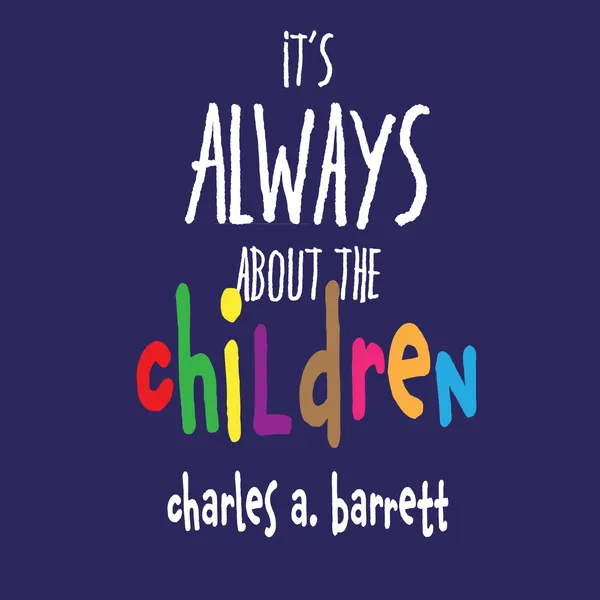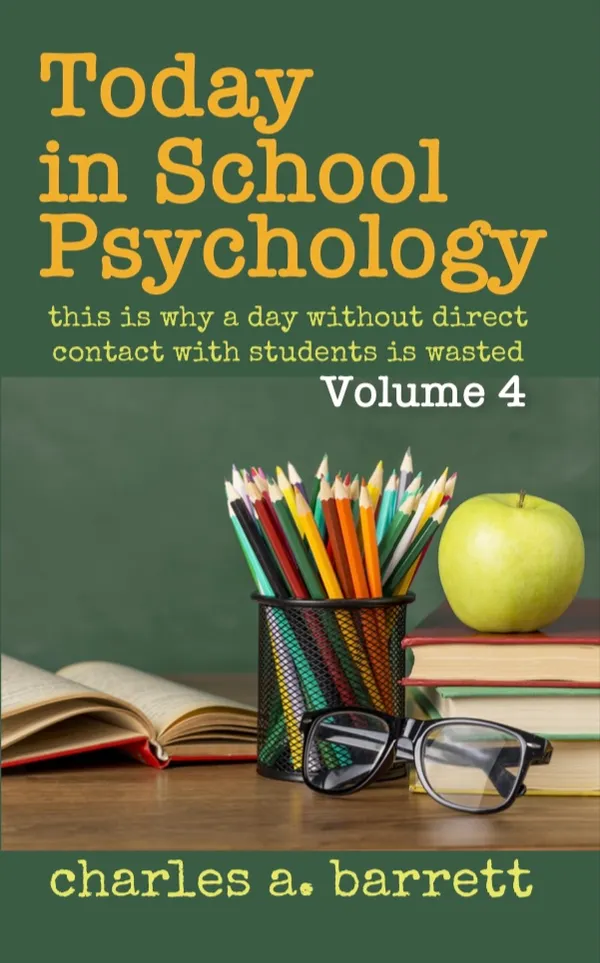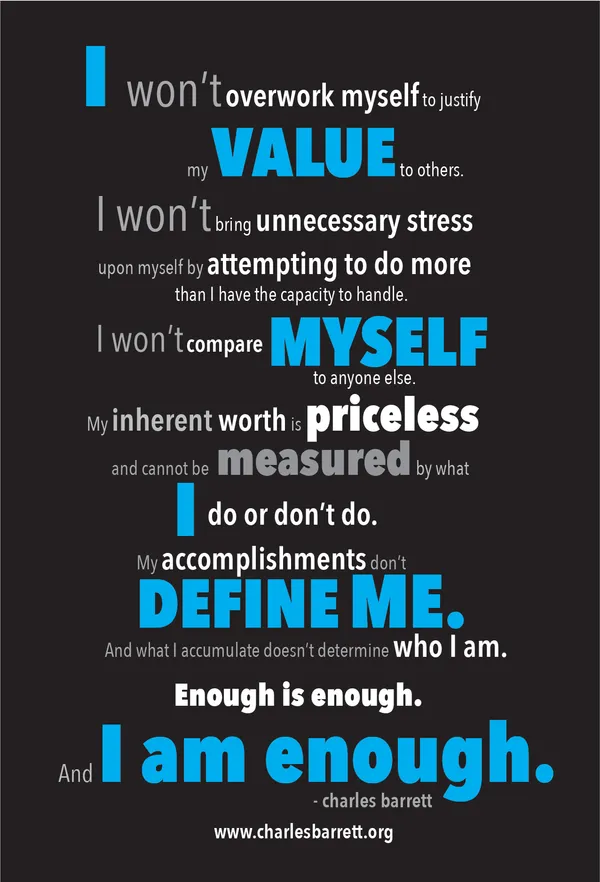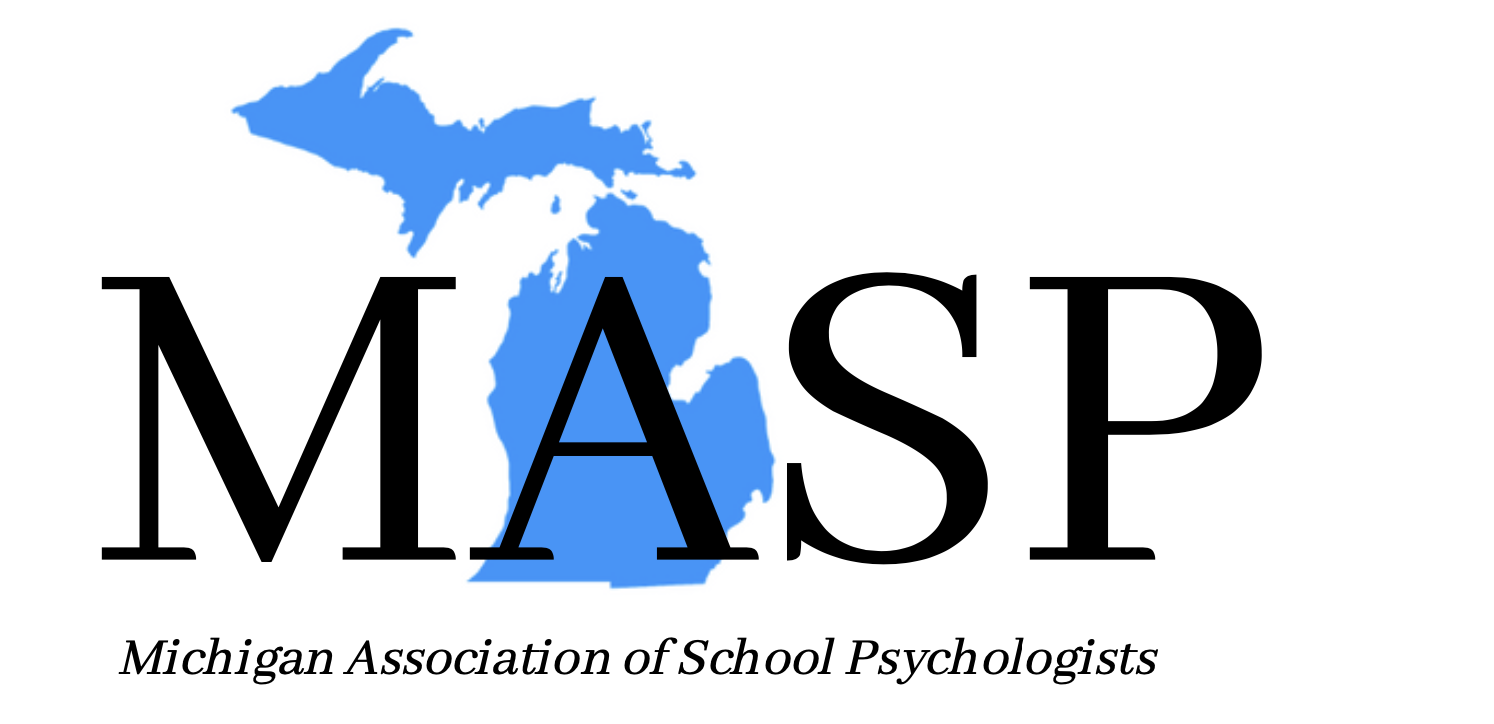MASP Annual Spring Conference
Friday March 15th, 2024
(In Person Event Only; No Webinar/Virtual Option)
Presented By: Dr. Charles A. Barrett
Morning Session (9:00-11:45 am)
Social Justice Is About More Than Numbers
To help attendees accurately understand children’s functioning and performance, this session focuses on assessment approaches that gather different types of information from a variety of sources. Specific attention is given to evaluating racially and ethnically minoritized (REM) students, including English Learners (ELs) and children living in low-income and economic marginalization (LIEM), for gifted education and Black students for social, emotional, and behavioral difficulties (e.g., Attention Deficit Hyperactivity Disorder; ADHD). Implications for developing socially just assessment and identification processes to improve equitable outcomes in schools and school systems are discussed.
Learning Outcomes
1. Explain the limitations of standardized tests for making educational decisions for children.
2. Describe the components of a multimethod and multisource assessment approach.
3. Explain how a multimethod and multisource assessment paradigm is aligned with socially just practices and leads to equitable outcomes in gifted identification and special education eligibility.
Afternoon Session (12:45-3:30 pm)
A Challenge to Educators
With an explicit focus on advocacy, policy, and systems change, this session challenges attendees to take specific steps that lead to equitable outcomes for children, families, schools, and communities. While cautioning against prescriptive approaches to addressing educational inequities, the session also offers practical suggestions for how individuals can advance systems change in schools and school districts (i.e., making data-based decisions, human resources and staffing changes, mandatory professional learning, developing capacity, strategic planning, and policy led by district leadership and school board members).
Learning Outcomes
1. Explain how the NASP Exposure Project is a model initiative for school psychology and related disciplines (e.g., general and special education, school counseling, school social work) to remedy workforce shortages and increase diversity by recruiting high school students and undergraduates into various education and school-based mental health fields.
2. Describe specific actions that schools and school districts can take to improve equitable outcomes for students.
3. Explain the relationship between policy, social justice, and promoting equitable outcomes for students.

Charles A. Barrett, PhD, NCSP, a district-level administrator in Virginia, practiced as a school psychologist for 13 years at the elementary and secondary levels. He serves as an adjunct lecturer at several universities, where he is actively involved in the training and development of future school psychologists. Dr. Barrett was named School Psychologist of the Year by the Virginia Academy of School Psychologists and received the Rookie of the Year Award from the National Association of School Psychologists (NASP). His past leadership positions within NASP include co-chair of the Social Justice Task Force and African American Subcommittee, chair of the Multicultural Affairs and Social Justice Committees, and Virginia Delegate to the NASP Leadership Assembly. Dr. Barrett serves on the editorial boards of School Psychology Review and School Psychology. He is a frequent speaker and workshop presenter for educators, families, and community organizations. His website is www.charlesbarrett.org.
Your registration includes BOTH of Dr. Barrett's books:
It’s Always About the Children

Drawing on his experience as a school psychologist, It’s Always About The Children is a window into Charles Barrett’s passion for serving students and philosophical orientation to public education. Using anecdotes to illustrate theoretical constructs such as Maslow’s Hierarchy of Needs, Bronfenbrenner’s Ecological Systems Theory, behavioral consultation, non-discriminatory assessment, social justice, and systems change, this informative narrative is filled with effective strategies for clinical practice. To facilitate personal reflection and small group discussion, a questions and Resources for Professional Learning are included at the end of each chapter. An excellent compendium for educators—particularly school psychology graduate students, faculty, and practitioners—this book will encourage and inspire individuals in their service to children, families, schools, and communities.
AND
Today in School Psychology: This is Why a Day without Direct Contact with Students is Wasted (Volume 4)

Some elementary school students refer to me as “the school psychology teacher.” And quite honestly, their description fits perfectly. Like previous iterations, the 4th volume of Today in School Psychology: This is Why a Day Without Direct with Students is Wasted is a carefully curated collection of my musings on all things school psychology, public education, and most of all, children. After serving as an educator for 15 years, I’ve never been more convinced of my passion for who I am and what I do: a school psychologist who teaches. Whether through the wisdom of children’s wit or the many reflections on our responsibility as adults to the next generation, Today in School Psychology is an instructional tool from someone who centers and celebrates who matters most: the children.
Additionally, you’ll receive Dr. Barrett's I. Am. Enough. affirmation card:

Written by Charles Barrett and originally released through one of his morning meditations, I. AM. ENOUGH. is an affirmation that everyone can use to encourage themselves. If you're an undergraduate or graduate student, you are enough. If you're a teacher, principal, school psychologist, university professor, or other educator, your accomplishments don't define you. If you're a parent raising children, you are enough. Regardless of what's happening within you or around you, always remember: you are enough. Currently available in three colors (blue, red, or yellow), these 4x6 cards are perfect for your office, kitchen, living room, bedroom, or any other space where you'll see it to be reminded of your inherent worth and value. Purchase yours today and encourage your friends, family members, and colleagues to do the same.
NASP Model for Comprehensive and Integrated School Psychological Services
These sessions focus on skill development in Domains 1 and 8.
Visit www.nasponline.org/practicemodel for additional information.
SCECHs: This conference is approved for up to 5 SCECHs from the Michigan Department of Education. Up to 5 NASP CPD's are also available. Please complete the Google Form within 30 days in order to apply for SCECHs/CPDs. All Google Forms must be submitted by 5pm on April 15th in order to award SCECHs/CPDs.
3.13.24 SCECH Form for Registrants.pdf
LOCATION: Crowne Plaza Lansing West - 925 S Creyts Rd, Lansing, MI 48917
Reservations can be made directly with the hotel by calling (877) 322-5544. In order to receive the quoted Group Rate of $145/night, the Hotel must receive reservations by Tuesday, February 13, 2024.
PLEASE NOTE: The Early Bird Registration rate is available if registration and payment are received by midnight January 20, 2024. Please consider this deadline when electing to pay by check to account for delays by postal delivery and for processing time if your conference registration is being paid by a third party (e.g., school district). Additional registration fees will be required if payment is received after the early bird deadline. We do not accept Purchase Orders.
REFUND POLICY: Refunds will not be made routinely. All refunds are subject to an administration fee of $30.00. Requests for a refund must be made by email or in writing and postmarked no later than 03/10/23. Allow 3 weeks for refund.
DISPUTED CHARGES POLICY: Should an individual dispute charges, particularly due to not recognizing the MASP charge on their credit/debit card, the card holder will be responsible for providing a Letter of Acceptance so that MASP may respond to the chargeback claim. The card holder will be assessed a fee of $25, regardless of the outcome of the chargeback, for having to reverse process the money to the card issuing bank.
Contact the MASP Conference Chair at Hannah.Barraw@gmail.com with any questions or concerns regarding this event.

